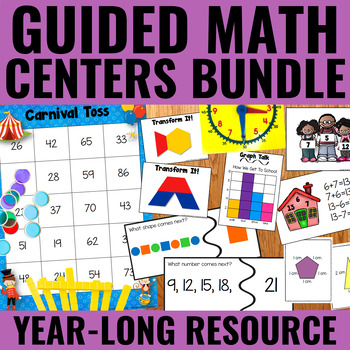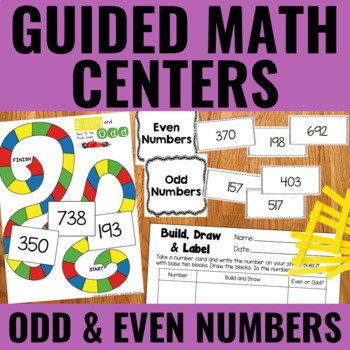I've been seeing so many great posts on Math Workshops that I thought I'd gather some of them up so you can check them out too.
1. The first is from Mandy Gregory from Mandy's Tips for Teachers.
(There's another one for setting up Writer's Workshop, too!)
Click here to access her blog post about Math Workshops.
2. Next from Mrs. Beattie's Classroom:
In this post Erin from Mrs. Beattie's Classroom explains how she organizes and runs her Math time using the M.A.T.H. acronym.
The Growing Bundle is on sale right now. It is mostly made up of centers that you can use while you are working with small groups. The center packages have varying numbers of activities included. For example the fractions centers file contains 13 different activities for students.
This Odd and Even Numbers pack is a FREE SAMPLE of Erin's centers. It includes three different activities: a game for 2 players and 2 activities for individual students. One of these uses manipulatives and would also useful for small group instruction.
3. Reagan Tunstall from Tunstall's Teaching Tidbits has oodles of ideas. This is a recent post showing her newly created bundle of Math lessons for whole/small group. A whole year's worth! I was so impressed that I bought it during the TpT BTS sale and it is worth every penny. A truly impressive document! The post has a FREEBIE SAMPLE of the package.
HERE IS THE LINK to the first installment, which is a quick overview.
PART 2 is a rundown of Math "stretchers" that she uses as warm ups.
PART 3 is a detailed breakdown of how she runs her Math block.
PART 4 is a brief post on assessment.
I found lots of useful info in this series, especially the second and third parts. Tammy included links ahead and back in each post to help you easily navigate between them (you don't have to come back here every time, but I did put links in the pictures above).
5. Dr. Nikki Newton has a Guided Math blog that you can visit HERE.
She has HUNDREDS of posts on this site for you to peruse. They include categories such as:
Assessment, Differentiated Instruction, During the Guided Math Lesson, Math Centers, and Math Workstations. Many of these include links to resources that you can use in your Math Workshops.
Here is one that I plan to use with my third graders this year:
She also has an excellent PINTEREST BOARD for you to check out.
I hope this post has been useful to you. I know I certainly got LOTS of great ideas and information as I was putting it together!
















